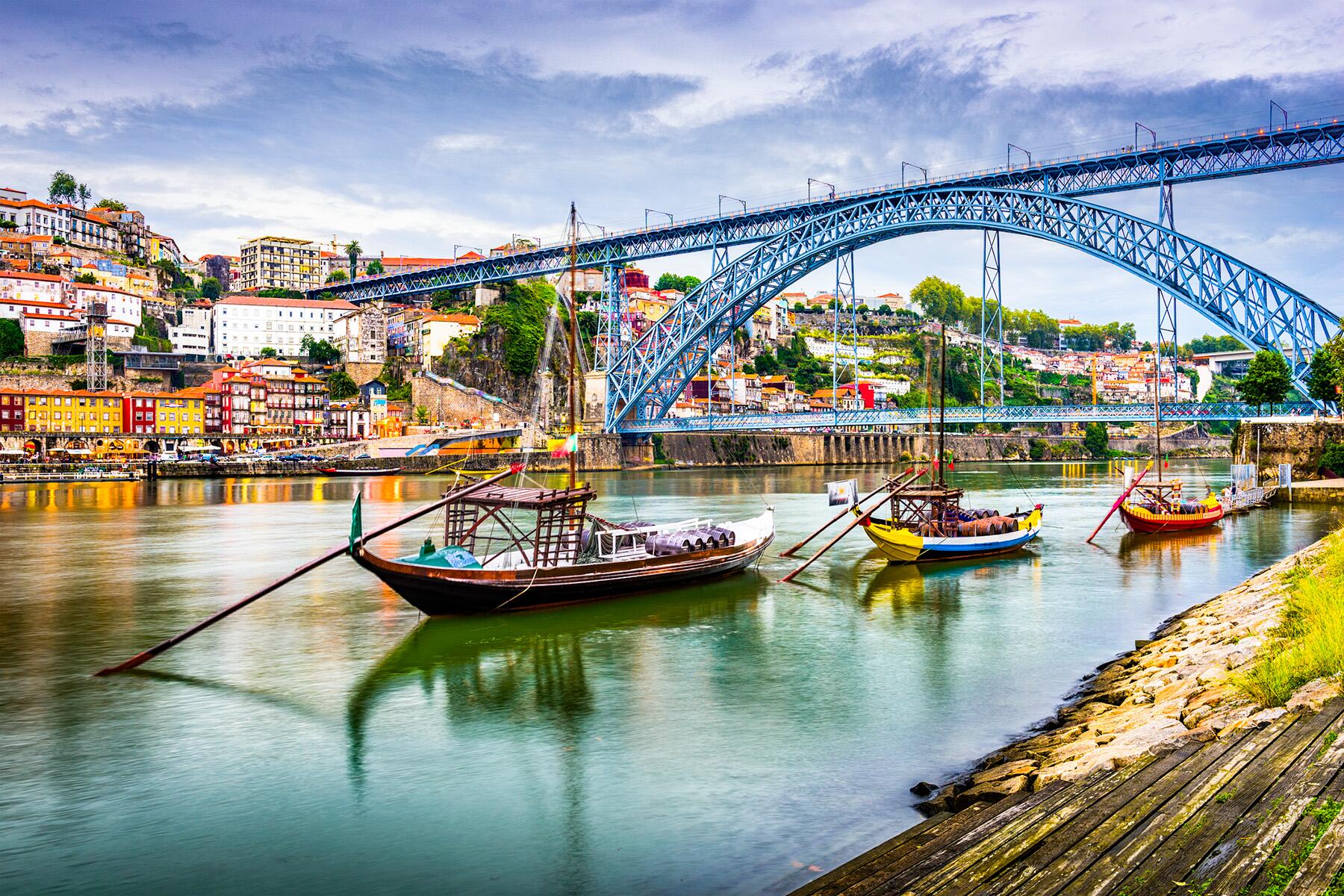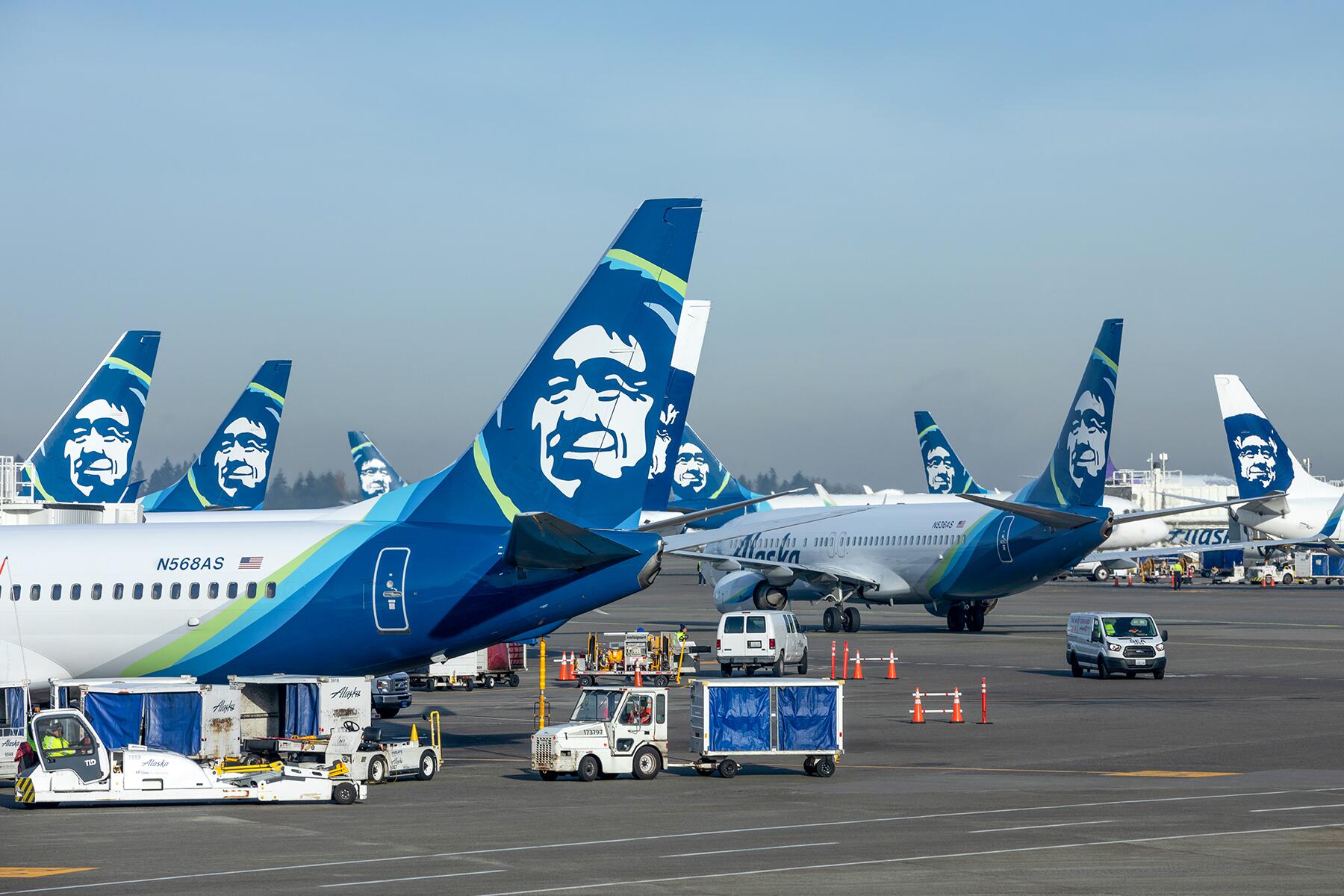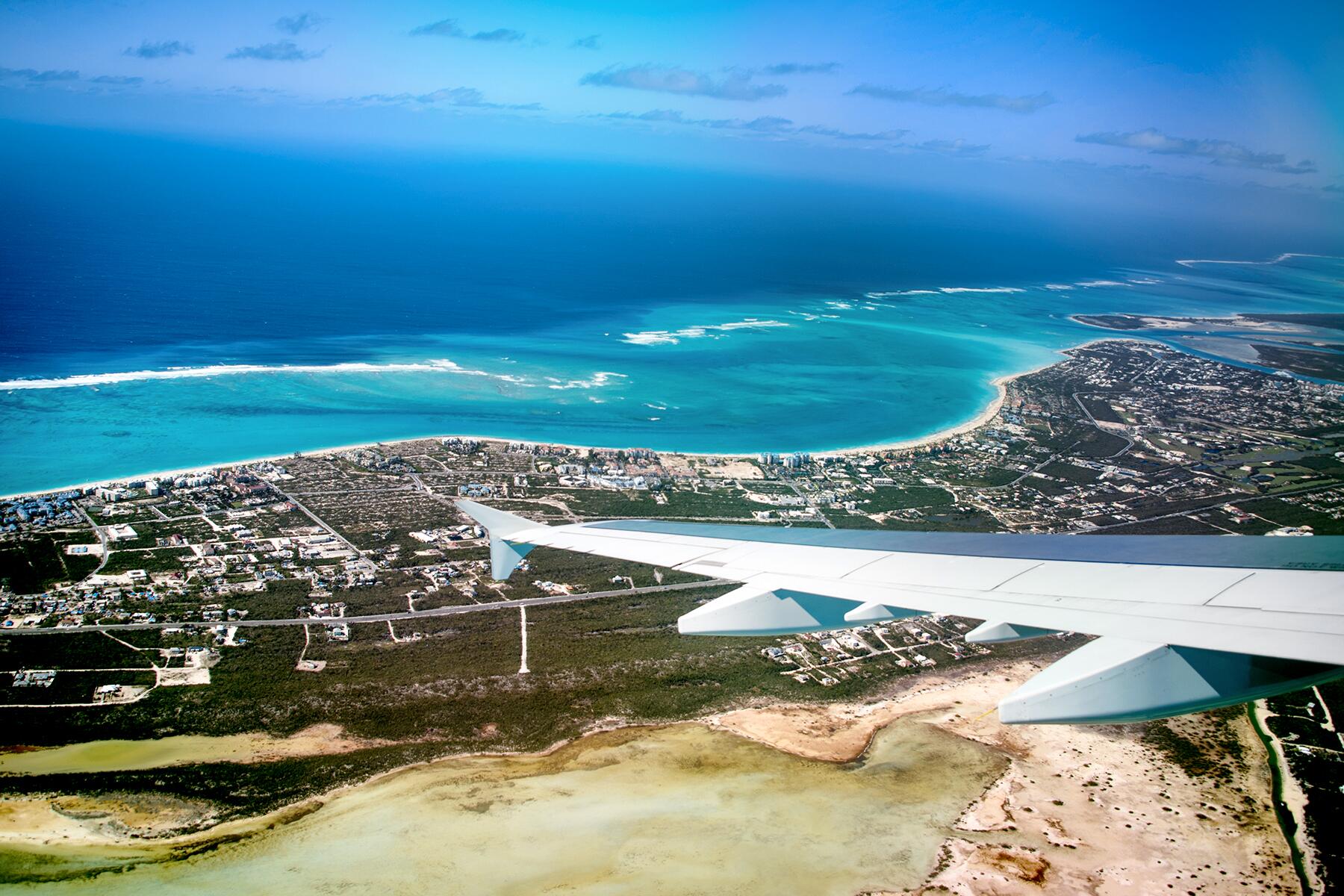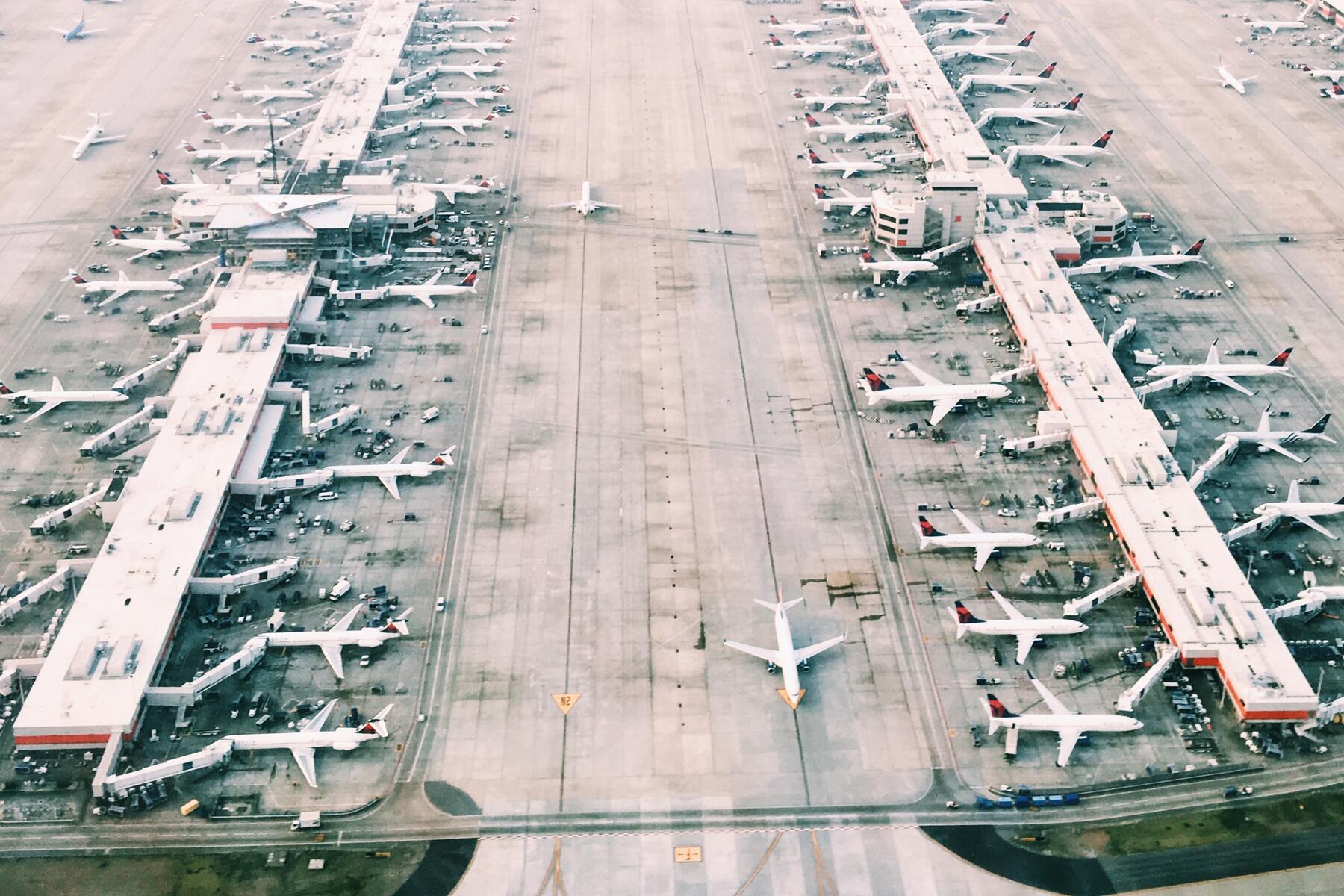What the hell is going on with airlines?
For years, it been nothing but chaos for the airlines. First the pandemic, then bankruptcies and bailouts, staffing shortages, deteriorated worker conditions, and a spike in unruly passenger behavior, too.
Last summer was the so-called “travel apocalypse” with miles-long queues, cancellations, disruptions, lost luggage, and strikes. This year, technological snags have continued to hit airlines, prices have gone up exponentially, and 5G rollouts have all contributed to the mess.
Even without global health emergencies, airlines are in the business of uncertainty. But it’s getting worse. According to a CBS News analysis, air travel chaos may continue for a decade. And as we’ve learned recently, three things are adding to the long list of woes.
Related: Air Traffic Control Strikes Will Impact European Flights. So, Do This Before You Travel
Unpredictable Trends
Nothing is as it was in 2019. So, airlines aren’t correctly able to predict consumer trends and it’s befuddling them. United Airlines predicted a profit in the first quarter, but it was later changed to a loss because of a lack of corporate bookings—business travel is still low.
Meanwhile, airlines are struggling to understand the travel patterns as people are making bookings differently than pre-pandemic, so they’re cautious in forecasting revenues. There is more flexibility with personal travel due to remote jobs; plus, the summer season has changed. All pre-pandemic data is out of date—the world has changed that much.
Top Picks for You
Recommended Fodor’s Video
It’s not just U.S. airlines either. Europe’s largest airline, RyanAir, is also worried about demand in the latter part of the year. High inflation may kill appetite for air travel and Michael O’Leary, CEO of the Irish airline, said that ticket prices may have to be reduced to meet passenger growth targets.
Interestingly, airlines are using artificial intelligence for pricing to maximize their revenue—it helps determine how much a passenger may be willing to cough up for a seat. Israeli start-up Fetcherr said that AI pricing can help increase revenue by 10%. So as travelers use AI to design their holidays, airlines are using it to reprice seats according to demand and customer paying power.
Related: Here’s Where to Find Those Dirt-Cheap Flights to Europe (And Beyond)
Pilots Say ‘No Thanks’
There are not enough commercial pilots in the U.S. The shortage is about 18,000 in 2023 despite airlines working hard to ramp it up after offering voluntary retirements during COVID-19. But that’s not all, folks. Pilots are also turning down promotions to take the positions of captains. The problem is unpredictable flying schedules–Reuters quoted one pilot saying it could lead to divorce and rarely seeing his kids
A flight requires a first officer and a captain, and the person in the captain’s chair is in command and responsible for its safety. The role comes with a pay rise, but pilots are refusing the offer for the lack of work-life balance. Around 7,000 American Airlines pilots have said no to the job, while United hasn’t been able to fill 50% of its vacancies in the past year, Reuters reports.
The problem with captain shortage is that airlines won’t be able to keep up their schedules as the travel demand goes up. Obviously, you need a captain on a flight.
Pilot shortages mean tighter schedules, no buffer room, and more last-minute reassignments. A delay creates a domino effect for airlines, and airline staff (not just pilots but also crew and attendants) are asked to cover for people who have maximized legal working hours. This is frustrating for passengers because they often have to wait for airlines to figure this out, but the crew isn’t happy about their scheduling either. United Airlines captain Alex Cole is away from home 15 days a month, he told NPR, and he misses birthdays and celebrations.
Amidst strikes, airlines have been trying to retain pilots by offering higher wages and better working conditions. United Airlines recently reached a $10 billion deal with its pilots with better pay, quality of life, retirement benefits, and job security. American Airlines has raised its offer to $9 billion to match United’s deal, while Delta offered a 34% raise earlier this year. This might also help attract new talent and circumvent the prospect of reducing schedules.
Related: Should You Tip Your Flight Attendant? The New Rules for Tipping
The Climate Change Plot Twist
It has been said multiple times that climate change is making extreme weather events more intense and more frequent. Air travel is highly weather dependent. United Airlines CEO Scott Kirby has said climate change will lead to more travel problems in the future. “More heat in the atmosphere, thermodynamics 101—we’re going to have more thunderstorms,” he said.
This came after the July 4th weekend brought a major meltdown due to thunderstorms. Around 8,000 flights were cancelled while over 42,000 were delayed. In December, Southwest canceled more than 16,000 and angered not just its passengers and investors, but also the Department of Transportation (DoT). The disruptions were initially caused by severe weather conditions and snowballed due to system errors.
High temperatures make it difficult for aircraft to lift. Planes have to shed weight since it requires more fuel. Passengers and their cargo can be casualties. And it all means more disruption and delays. Heatwaves are increasing and getting worse—look at Europe, Japan, and the U.S. right now. In the future, flight schedules might have to adapt to climate change: fly early in the morning or in the evenings when flying conditions are favorable and with less cargo and fewer people.
Related: Can You Be Kicked off a Plane if the Flight Is Too Heavy?
Extreme heat also damages infrastructure. Last year, a runway in the U.K. melted with the rising mercury and air travel was disrupted. Aircrafts and helicopters have maximum operating temperature, which can interfere with schedules.
But heat is just one aspect. There are also wildfires, hurricanes, thunderstorms, and winter storms that can shut down flights due to low visibility or hazardous flying conditions. Which means all year, somewhere in the world, air travel will face issues due to climatic conditions.
Combine this with high travel demand, major staff shortages, technological problems, and mushrooming strikes, it is all a cocktail of disaster.
Related: The Most Terrifying Part of Any Flight Is About to Get Worse
Well, more people are working from home and use video-conferencing for meetings so, of course, business travel took a major hit. Additionally, more corporates are brandishing their green credentials so that's another reason to cut the travel budgets.
Airlines will have to look at making premium class more enticing to leisure passengers. Of course, that would mean prices going up across the board.
I think we have passed Peak Flying. As people get more serious about climate change there is a shift away from highly-polluting flying.
Business travel is down, fees are up. Even Basic Economy prices are outrageous, service is non-existant, food - what's that? And the airlines wonder why they are in trouble?? I put off several trips because ticket prices were ridiculous - one example I was considering Rome in March. Basic Economy seats for a direct flight were $1200 - $1500, connecting flights a bit less, but then to get to the destination what should take 7 hours would take 12 to 20 hours. One has to really want to travel to put themselves through all that pain.




The woes of the airline industry faces today were rooted in the Deregulation act of 1978. This basically created a "free market" for the industry where individual companies called the shots setting fares entering/exiting markets and setting schedules. This along with the shift of the nations economy to a supply side free market model in the 1980s encouraged over expansion which lead to financial troubles bankruptcies and eventually consolidation in the industry that has left us with three majors one regional and a handful of what used to be called "no frills" carriers.
This laissez-faire economic and management environment set up the industry to be more vulnerable to other events particularly as 9/11 the 2008 recession the pandemic and most recently climate change (one thing not mentioned was the fact that severe and clear air turbulence has been on the increase due to climate change). I feel it's going to be "rougher air" for the industry in the years to come. The government here in The States better reconsider their lack of commitment to passenger rail if this trend continues